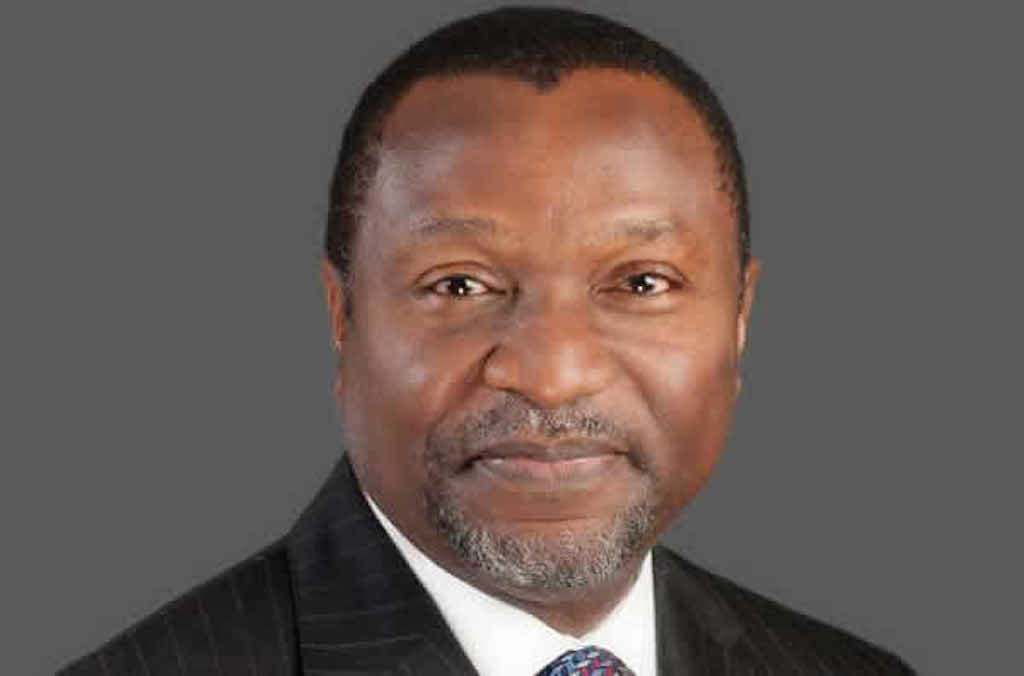
The primary objective of the Nigerian government’s fiscal stimulus plan is not about selling off all major national assets, the Minister of Budget and National Planning, Udoma Udoma, has said.
He said the government was considering selling off some asset in a way that would be profitable to the country.
Mr. Udoma, who was briefing journalists in Lagos on Friday on the forthcoming Nigerian Economic Summit (NES), said the government’s intention was to raise immediate funding to reflate the economy and finance critical capital projects in the 2016 budget.
Estimates from recent ministerial retreat showed the government would need between $10 and $15 billion (about N4.72 trillion) to stimulate economic recovery.
The stimulus plan, Mr. Udoma said, was to help mobilise funding to make up for the shortfall in revenue to fund the over N6.06 trillion 2016 budget and stimulate economic growth.
“The intention of government is just to get enough money to fund the 2016 budget and get the economy back on the path of recovery,” he explained.
“Government needs to inject a large dose of funds into the system to get the economy back on track and to faithfully implement those provisions in the capital budget tailored at reflating the economy and aiding the diversification process,” he said.
He said stimulus plan would be realised through asset sales, advance payment for license rounds, infrastructure concessioning, use of recovered stolen funds, among others, to reduce the huge gap.
He did not provide any clue on what asset the government was considering selling. The proposal has drawn widespread criticism.
The minister said the economic team did not consider wise the option of additional borrowing and loans to fund the budget, in view of the unsustainable level of debt service.
The government, he said, was exploring several options in the asset sales proposal, including repurchasing of assets options, which includes provision for buy-back of those assets when the situation improves.
Acknowledging the hardship the economic downturn has brought on the people, Mr. Udoma assured that th government was committed to redressing the situation.
“Our goal is to unlock the economic potentials of the non-oil and high-employment generating sectors, to achieve sustainable and inclusive growth, ensure majority of Nigerians become more productive, and reduce poverty,” he said.
He said the government was working deliberately to diversify the country’s economy by ensuring the non-oil sector became the main driver, contributing the most to the gross domestic product (GDP) and controlling the most employment.
He said getting the economy back on the path of sustainable growth would require the contribution of every sector and collaboration with key government groups like the Nigerian Economic Summit Group (NESG).
Such collaboration, he said, would provide avenue to forge a consensus on national development issues, while evolving a common strategy and policy framework for addressing constraints to national development.
This year’s edition of the Economic Summit, scheduled for October 10 and 12, would focus on need to encourage more production and consumption of made in Nigeria goods and services.
END

Be the first to comment